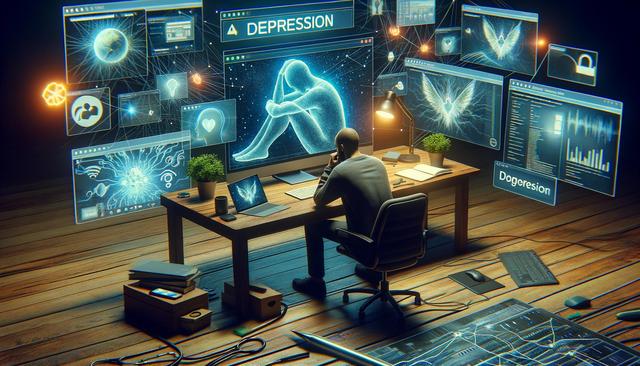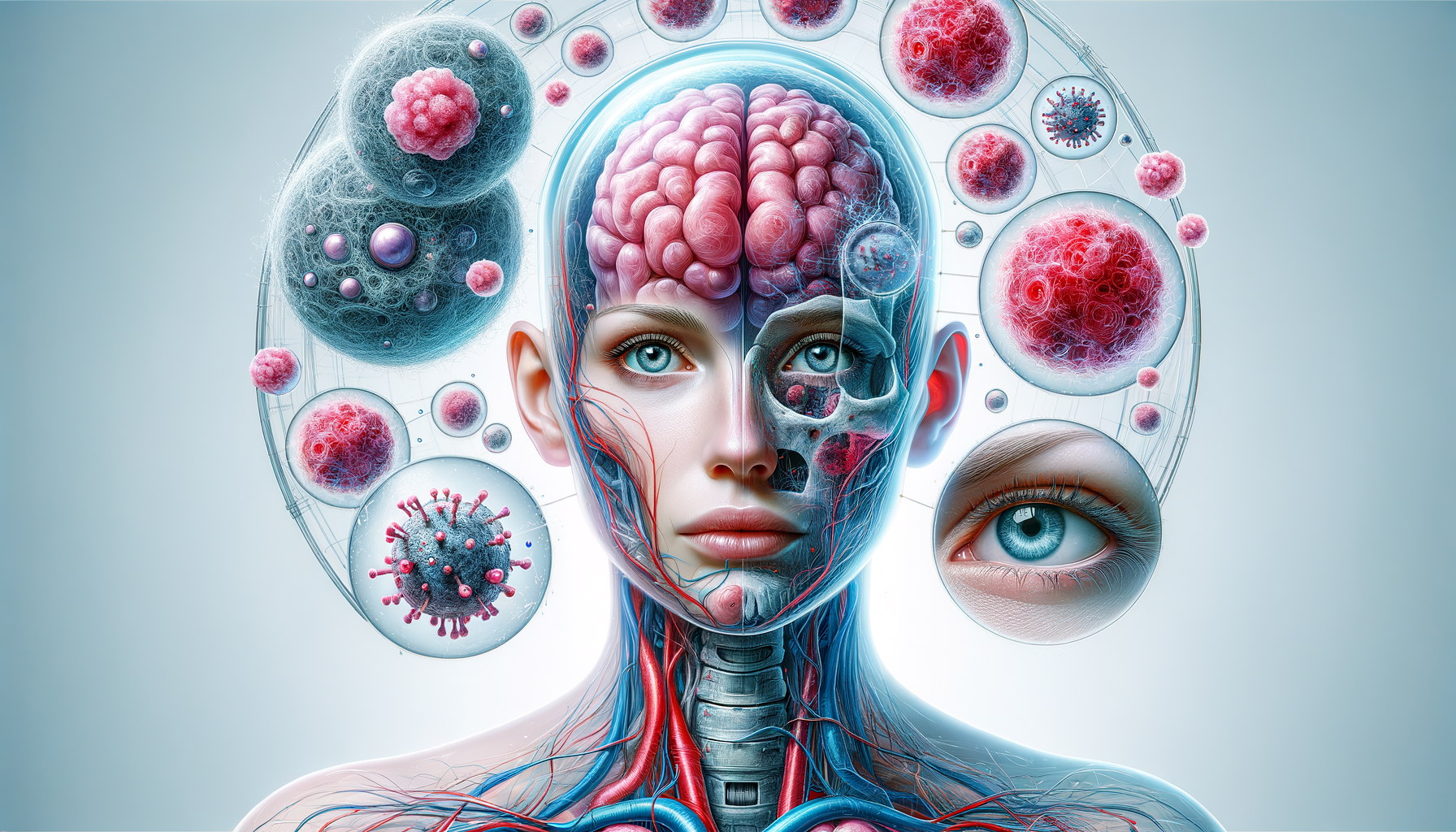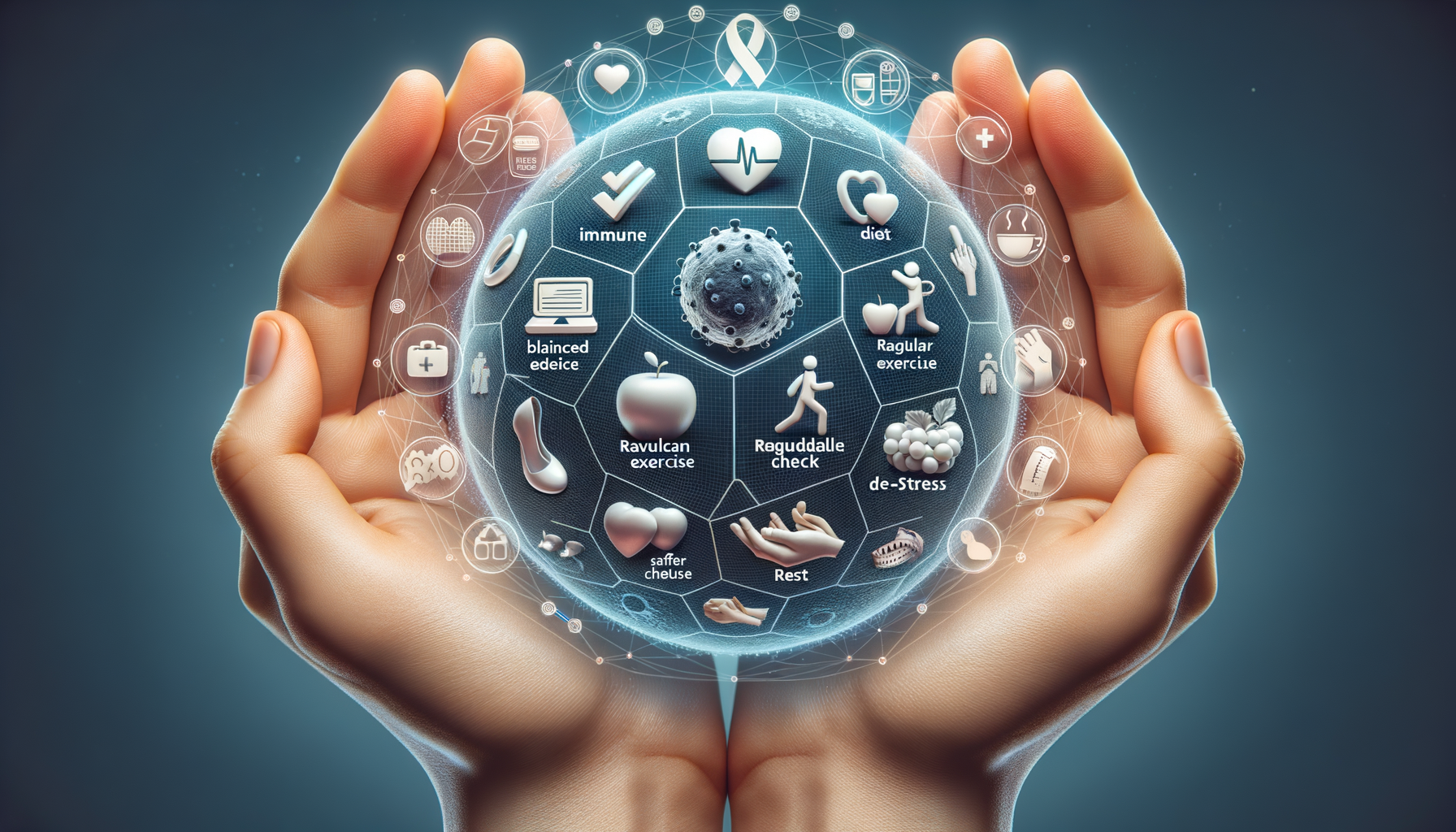The Rise of Online Mental Health Services
In recent years, online mental health services have seen significant growth. The increasing demand for accessible mental health care, along with advancements in digital technology, has made it possible for individuals to seek help without leaving their homes. Online platforms now offer a wide range of services, including therapy sessions, mental health assessments, and even diagnostic tools for conditions like depression. These services are designed to provide convenience, privacy, and quicker access to care, especially for those who face geographical or scheduling barriers.
The availability of online depression screenings has become a cornerstone of digital mental health support. These screenings are usually quizzes or questionnaires that evaluate symptoms such as low mood, lack of energy, sleep disturbances, and changes in appetite. Though not a substitute for a formal clinical evaluation, they can be a valuable first step in recognizing the need for professional help.
How Online Depression Diagnosis Works
Online depression diagnosis typically involves completing a standardized assessment tool. These tools are based on criteria from established diagnostic guidelines and are often developed by licensed mental health professionals. Once users complete the assessment, they receive a summary of their results, which may indicate the severity of depressive symptoms and suggest next steps.
Here’s how the process usually works:
- Users visit a mental health platform and choose the depression screening option.
- The assessment consists of multiple-choice questions related to emotional, physical, and behavioral symptoms.
- After completing the test, users receive automated feedback based on their responses.
- Some platforms offer follow-up consultations with licensed therapists or psychologists for a more thorough evaluation.
It’s important to note that while these tools can be helpful for self-awareness, they are not a replacement for a clinical diagnosis from a qualified professional. However, they can serve as a useful starting point for seeking further help.
Benefits and Limitations of Online Diagnosis
Online tools for diagnosing depression come with a variety of benefits. First and foremost, they provide immediate access to mental health resources, which can be especially helpful for individuals in remote or underserved areas. These tools also reduce the stigma often associated with seeking mental health care by allowing users to explore their concerns in private.
Key advantages include:
- 24/7 accessibility from any location
- No need for appointments or travel
- Quick feedback and recommendations
- Increased comfort for users who prefer digital communication
However, there are also limitations to consider. Self-assessments may not account for the full complexity of an individual’s mental health. Results can be influenced by mood at the time of testing or misinterpretation of questions. Additionally, without a face-to-face interaction, it can be difficult to assess non-verbal cues and other contextual information that are often important in mental health evaluations.
When to Seek Professional Help
If an online depression screening suggests a potential issue, it’s a good idea to follow up with a licensed professional. A formal diagnosis typically involves a more comprehensive evaluation, including a discussion of medical history, lifestyle factors, and other mental health conditions that might be contributing to symptoms. Professionals can also rule out physical health issues that may mimic depression, such as thyroid problems or vitamin deficiencies.
You should consider reaching out to a mental health professional if you experience:
- Persistent feelings of sadness or hopelessness
- Loss of interest in activities once enjoyed
- Changes in appetite or sleep patterns
- Difficulty concentrating or making decisions
- Thoughts of self-harm or suicide
Getting diagnosed with depression online can be a helpful starting point, but it’s essential to take that next step toward personalized care if your symptoms are affecting your daily life.
Choosing a Reliable Online Platform
When considering an online depression diagnosis, selecting a trustworthy platform is crucial. Not all websites offer the same level of quality, accuracy, or security. Look for platforms that are backed by licensed mental health professionals, use evidence-based screening tools, and clearly outline their data privacy policies.
Here are a few things to look for:
- Professional credentials of the platform’s creators or staff
- Use of validated mental health assessments
- Clear disclaimers that results are informational, not diagnostic
- Options for follow-up care or referral to licensed providers
- Secure handling of personal information
Reading user reviews and checking for affiliations with recognized mental health organizations can also help determine the credibility of a service. While online tools are not a replacement for a formal diagnosis, they can be an effective first step toward better mental health when used appropriately.
Conclusion: Taking the First Step Toward Mental Wellness
Exploring the option to get diagnosed with depression online can empower individuals to take control of their mental health journey. While these tools offer convenience and accessibility, they should be viewed as part of a broader process that includes professional evaluation and support. If you’re experiencing symptoms of depression, using an online screening tool can be a helpful first step—but don’t hesitate to reach out to a mental health professional for further guidance. By combining digital resources with expert care, you can make informed decisions about your emotional well-being and take meaningful steps toward recovery.




Leave a Reply